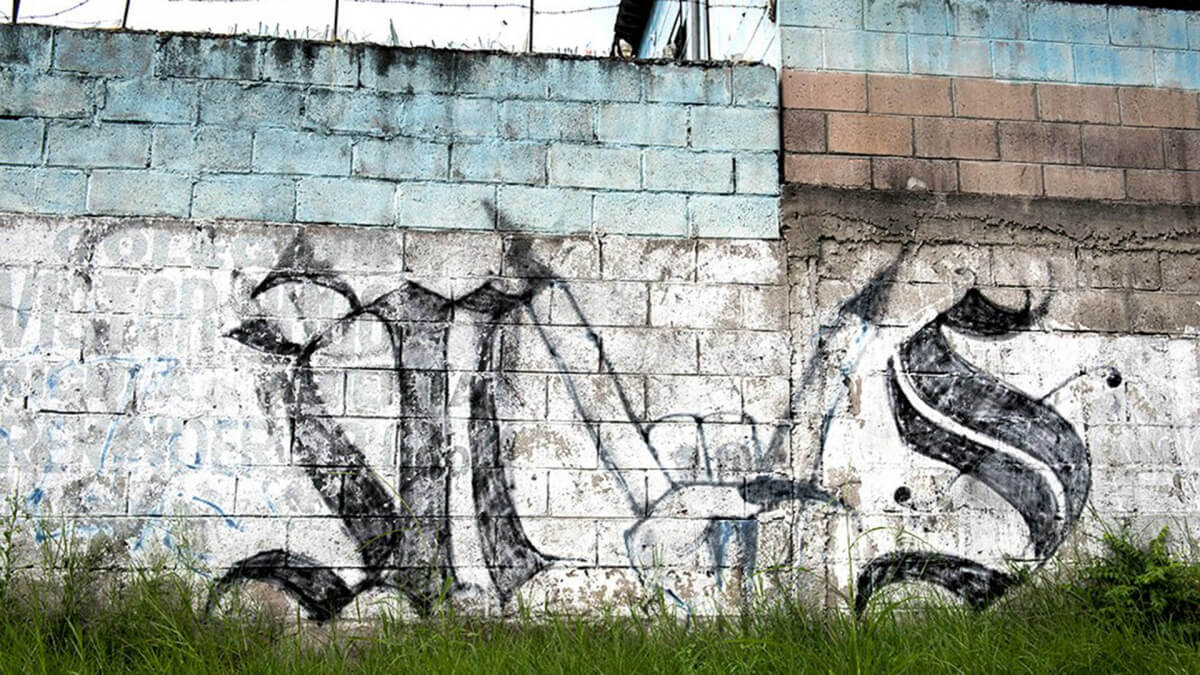The Department of Homeland Security (DHS) has recently publicized court records asserting that Kilmar Abrego Garcia, a deported Salvadoran national, is indeed a member of the infamous MS-13 gang. This development comes amid a contentious political debate surrounding his deportation and the subsequent Supreme Court ruling regarding his return to the United States.
In 2019, during a murder investigation, Prince George’s County Police encountered Abrego Garcia loitering with known MS-13 members in a Home Depot parking lot, where he was also found in possession of illegal drugs. The county's Gang Unit MS-13 Intelligence Squad, following an interview and consultation with a credible source, identified him as an active member of the MS-13 "Westerns" clique, holding the rank of "Chequeo" and known by the nickname "Chele," as per documents shared with Fox News.
Abrego Garcia, 29, was deported earlier this year to El Salvador's Terrorist Confinement Center (CECOT) among a group of alleged gang members. However, his lawyers maintain that he was living legally in the U.S. and denies any gang affiliations. The case gained heightened attention when the Supreme Court upheld a lower court's decision that ordered the Trump administration to facilitate Abrego Garcia's return to the U.S.
"Although the Court is reluctant to give evidentiary weight to the Respondent’s clothing as an indication of gang affiliation, the fact that a “past, proven, and reliable source of information” verified the Respondent’s gang membership, rank, and gang name is sufficient to support that the Respondent is a gang member, and the Respondent has failed to present evidence to rebut that assertion." - Judge Elizabeth A. Kessler
The situation escalated when Attorney General Pam Bondi remarked that his return is ultimately "up to El Salvador," sparking a backlash from Democrats. Rep. Maxwell Frost (D-FL) criticized the deportation, labelling it part of a "government-funded kidnapping rampage" by the Trump administration. Adding to the controversy, Sen. Chris Van Hollen (D-MD) visited Abrego Garcia in prison in El Salvador, working to secure his release, a move which has drawn criticism from constituents, including the mother of a Maryland woman murdered by a Salvadoran illegal immigrant in 2023.
The Trump administration has defended its decision to deport Abrego Garcia, citing justifications for the action. DHS has taken a firm stance, recently emphasizing via court filings that Abrego Garcia's wife had previously sought a domestic violence restraining order against him and a 2019 interview document wherein he allegedly admitted to entering the U.S. illegally in 2012. A federal immigration court in Baltimore had determined him ineligible for release, citing risks to public safety.
DHS has been vocal on social media, stating bluntly: "Kilmar Abrego Garcia is not a 'Maryland Man'—he is an MS-13 gang member involved in human trafficking who entered the United States illegally. His deportation to El Salvador was always going to be the end result." They further criticized Sen. Van Hollen's advocacy, suggesting that he has prioritized the interests of a foreign national over the safety and advocacy for American victims of MS-13 violence.
DHS Assistant Secretary Tricia McLaughlin provided additional context to Fox News, claiming Abrego Garcia was found with "rolls of cash and drugs" and "wearing what is effectively MS-13’s uniform." McLaughlin controversially compared the media portrayal of Abrego Garcia to that of Osama bin Laden, noting that both were fathers but reminding the public of their alleged terrorist activities.
The case of Kilmar Abrego Garcia exemplifies the complex intersection of immigration policy, public safety, and political debate. As the DHS releases more information and the situation continues to unfold, the discourse is likely to intensify on both sides of the political spectrum.





